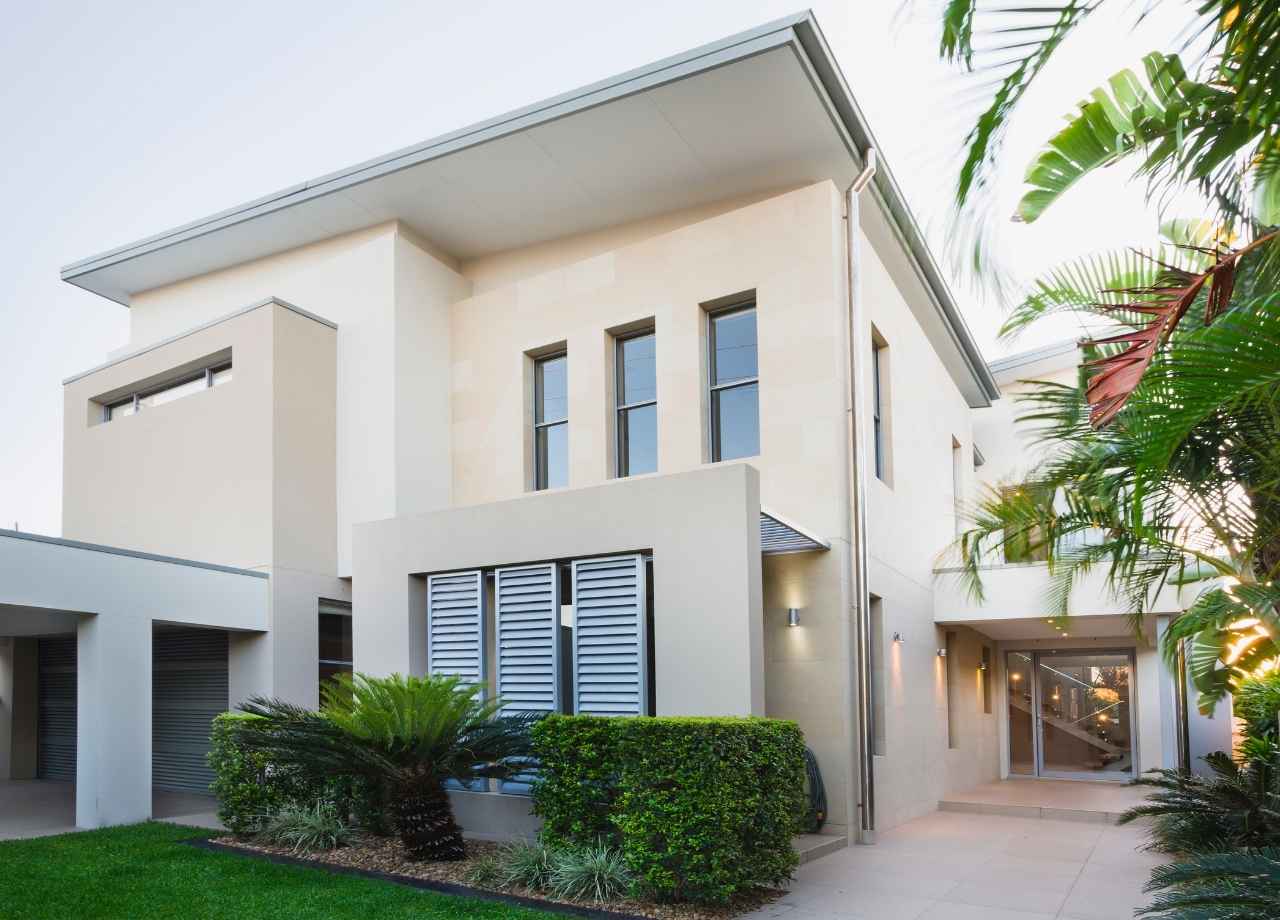Keeping pests out of rental properties is one of the biggest challenges for property managers. Pest infestations can lead to significant problems, including frustrated residents, expensive repairs, and even loss of occupancy. By taking proactive steps, property managers can keep pests under control and maintain a healthy, safe environment for everyone.
Here are some practical, straightforward tips to help property managers prevent pest infestations.
Keep the Property Clean
One of the most effective ways to prevent pests is by ensuring cleanliness. Pests like rodents, cockroaches, and ants are attracted to food and water sources. Encourage residents to clean up promptly after meals and avoid leaving food out, especially in communal areas like kitchens or shared spaces.
Property managers can help by scheduling regular cleaning of common areas and ensuring that dumpsters and trash bins are emptied often. A well-maintained and clean environment naturally discourages pests from settling in.
Seal Entry Points
Pests enter buildings through small cracks and gaps around doors, windows, and walls. To minimize their access, it’s important to regularly inspect the property for any cracks or holes. Sealing these entry points with caulk or other materials will keep many pests from coming inside.
Windows should be checked to make sure screens are intact and fit properly. Also, make sure weatherstripping around doors is in good shape. A small gap under a door might not seem like a big deal, but pests can slip through even the tiniest openings.
Manage Landscaping
The condition of the landscaping around your buildings can have a major impact on pest control. Overgrown shrubs, tall grass, and plants growing too close to the building can attract pests like rodents and insects. Keeping the landscape neat and trimming vegetation away from the property can help create a natural barrier against pests.
Also, be cautious of standing water in the area. Pests like mosquitoes breed in stagnant water, so be sure gutters are clean and water isn’t pooling near the foundation.
Routine Inspections
Regular inspections are essential to staying on top of potential pest issues. Conduct inspections for pests throughout the year, focusing on areas like basements, attics, and kitchens, where they are most likely to hide. Look for signs of droppings, gnaw marks, or nests, especially around food storage areas or trash bins.
Also, listen to feedback from residents. They are your eyes and ears in the building, and they may spot pests in their units before the problem becomes widespread.
Pest-Proof Garbage Areas
One of the main areas that attract pests is the trash. Ensure that garbage bins, especially outside ones, have secure lids and are emptied regularly. Garbage that overflows can quickly become a buffet for pests like rats, raccoons, and insects.
Another tip is to keep trash containers away from entrances and exits, to limit the chances of pests entering the building while they search for food. Regular cleaning of the dumpsters and surrounding area will also reduce odors that can attract pests.
Educate Residents
Residents play a crucial role in pest prevention. A good relationship with residents will allow you to educate them about the importance of proper hygiene and cleanliness when it comes to preventing pests.
Providing them with clear instructions on how to store food, how to properly dispose of garbage, and what to do if they spot pests will make a big difference. Residents should feel comfortable reporting pest sightings without the worry of being blamed. A quick response from management helps to address issues before they get out of control.
Use Professional Pest Control Services
While preventive measures can help reduce the chances of an infestation, it’s essential to partner with a professional pest control service for regular treatments. Having a pest control plan in place ensures that your property remains pest-free and that any emerging problems are handled right away.
Using services like Pest Share offers property managers a hands-off approach, connecting residents directly with pest control providers. This can save a lot of time, ensuring residents get help fast without property managers having to be involved in scheduling or billing.
Take Care of Repairs Quickly
Pests are attracted to areas where they can find shelter, especially during bad weather. Broken windows, leaky pipes, and damaged vents can all provide the perfect entry points or hiding places for pests.
Make it a priority to fix any structural issues as soon as they’re reported. Even a small leak can create the moisture needed to attract pests like termites or cockroaches, while a broken screen can be an open door for flies or mosquitoes. Quick repairs not only keep residents happy but also prevent pests from taking up residence in your building.
Monitor and Prevent Moisture Build-Up
Many pests are attracted to damp environments, especially termites, cockroaches, and mosquitoes. Keep an eye on areas like basements, bathrooms, and kitchens where moisture tends to accumulate. Repair leaks as soon as they’re noticed, and consider installing dehumidifiers in humid areas.
It’s also important to make sure that your property has proper ventilation, especially in attics and crawl spaces, to prevent the build-up of moisture that can attract pests.
Encourage Early Reporting
Encourage your residents to report any signs of pests immediately. The faster you can deal with a pest issue, the easier it is to solve. A small issue like spotting one or two roaches can quickly become a full-blown infestation if not addressed.
To make this easier, set up clear communication channels for residents to report problems and ensure that they understand pest control is included in their housing benefits. Using technology like Pest Share’s Pest ID software allows residents to identify the pest and schedule a service quickly, reducing the time it takes to get help.
By following these tips, property managers can stay ahead of pest problems and provide a safe, comfortable environment for their residents. Preventing infestations is about being proactive, maintaining the property, and working together with both residents and professional pest control services to keep unwanted guests at bay. It’s always easier to prevent pests than to deal with them once they’ve settled in.







